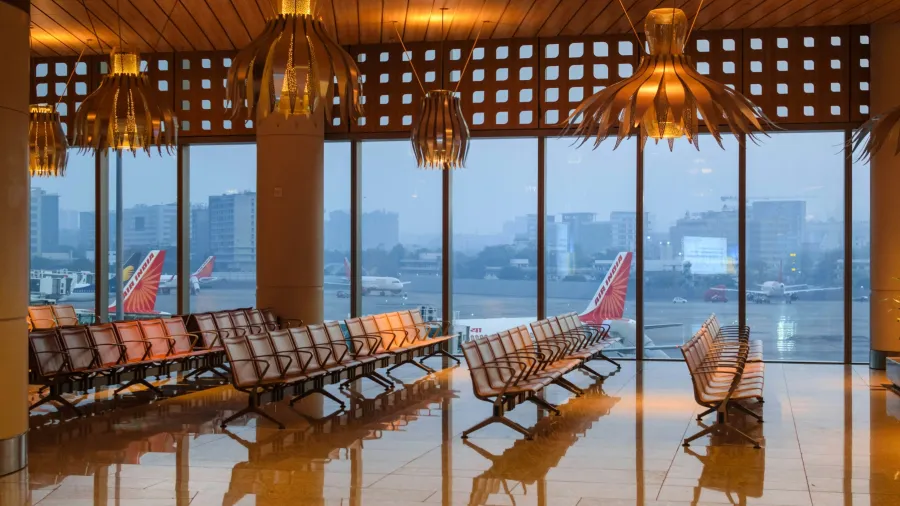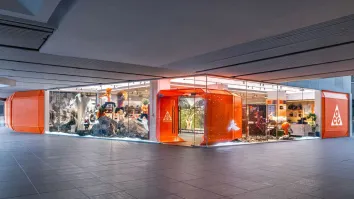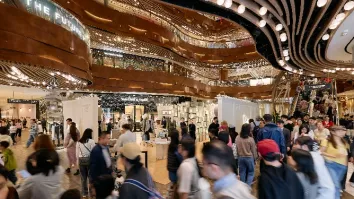
Hybrid stores reshape airport retail landscape
About 76% of the airports surveyed view hybrid concepts as a long-term trend.
Hybrid stores, blending retail and food and beverage, are rapidly gaining traction in airports worldwide, according to Lagardère Travel Retail’s Travel Experience Voices series.
The survey showed that 76% of the airports surveyed view hybrid concepts as a long-term trend, with 24% noting a surge in popularity due to their ability to enhance the customer experience.
“Hybrid concepts stand at the crossroads of innovation, blending digital with physical, global with local, and retail with F&B,” said Dag Rasmussen, Lagardère Travel Retail chairman and CEO.
“These dynamic spaces redefine the travel experience, offering travellers a seamless integration of convenience, entertainment and engagement,” he added.
The survey, conducted between January and March 2024, collected responses from 58 airports and 150 brands in 27 countries.
Airports and brands prioritise efficient store layout as the top feature in hybrid stores, followed by a diversified offer, omnichannel integration, content design, communication elements, and unified services.
ALSO READ: AI-powered personalisation paints the future of retail
Meanwhile, space optimisation emerged as a primary concern for airports, with 20% citing it as a major challenge when developing retail masterplans that encompass multiple activities. Other challenges include offer mix (15%) and maximising revenues (14%).
In line with growing environmental consciousness, airports and brands now also prioritise environmental impact as a key criterion for defining responsible retail offerings. In fact, airports rank 4.4/5 the importance they place on actively collaborating with brands and operators to progress along the decarbonisation journey.
Moreover, data sharing is also seen as a way to improve performance. However, airports and brands struggle with implementation due to challenges like GDPR and compliance regulations.
The survey showed that only 47% use generative AI for data analysis and just 56% are open to data partnerships for better consumer insights.
“Through collaboration, innovation and a shared commitment to sustainability, we move forward with optimism, shaping a travel retail industry that is more connected, vibrant, and sustainable than ever before,” the group said.

















 Advertise
Advertise






